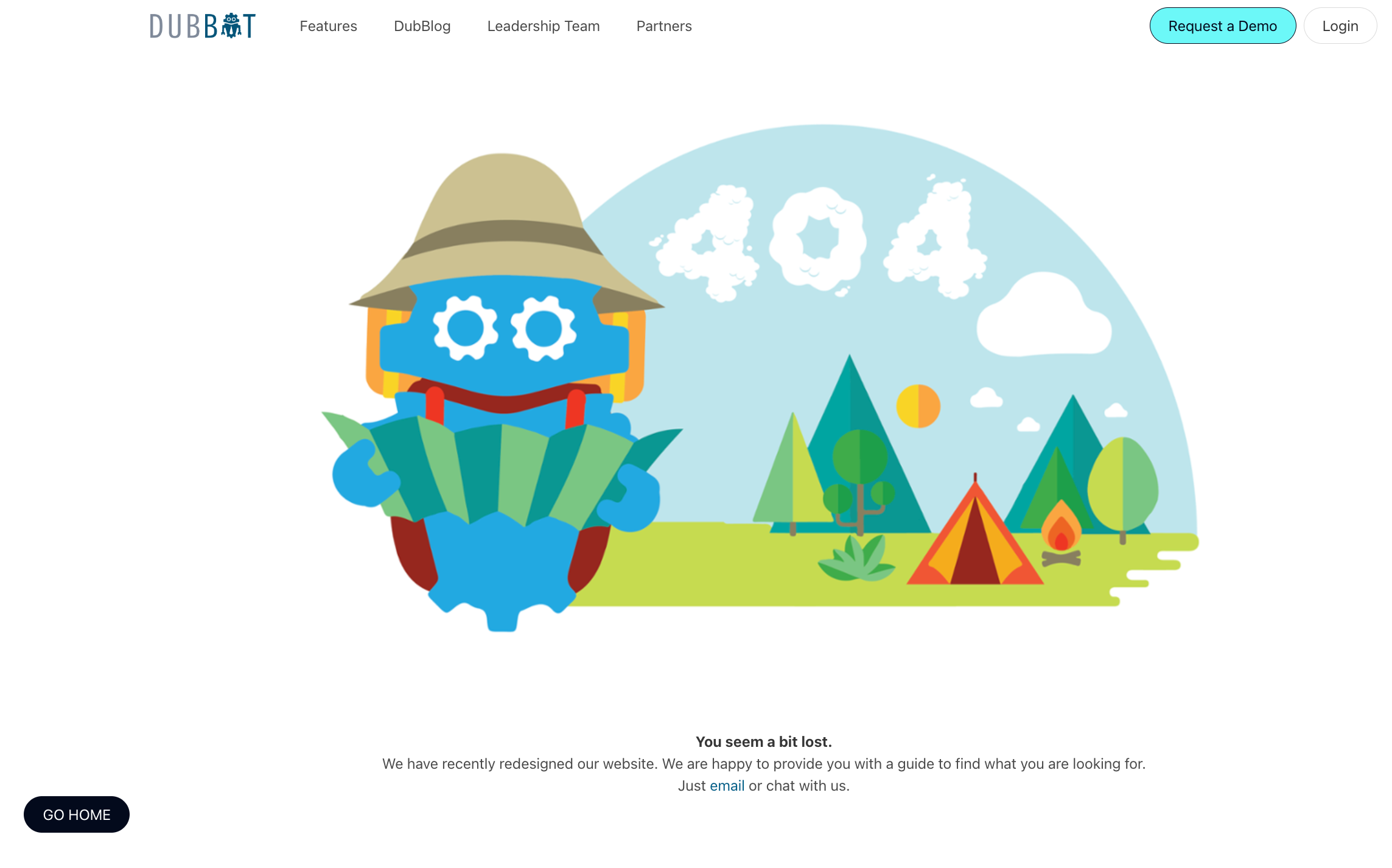Broken links happen for many different reasons. And though they may seem minor, they cause ripple effects across accessibility, SEO, AEO, and user experience.
Let’s break down how broken links affect accessibility, SEO, AEO, and user experience, then cover some quick, easy-to-do fixes to keep your links healthy and reliable.
Accessibility Impact
- Confusion and wasted time: If a screen reader announces a link that goes nowhere, the user has to backtrack, which interrupts navigation and flow.
- Disrupted context: Screen reader users navigate links by tabbing or enabling a link list. Broken links fill those lists with frustrating dead ends, making it difficult to find valid, useful paths.
SEO Impact
- Crawling and Indexing: Search engines use crawlers to index websites, but broken links act as dead ends, blocking them from reaching and indexing pages. This can result in important content not being found and ranked by search engines.
- Link Equity: Think of link equity like this. When a reputable site links to one of your site pages, some of its authority gets passed along, which can help your page rank higher in search engines. If an authoritative external website links to a page on your site that no longer exists, you can lose the valuable ranking boost that link would have provided.
AEO Impact
- Trustworthiness for AI answer engines
If your site has broken links, engines like Google’s AI Overview or Bing’s Copilot Overview may flag your content as less reliable. Trustworthiness is a significant factor in whether your content gets pulled into the direct answer box. - Interrupts the knowledge connections
Broken links can sever the context web that answer engines use to determine what content makes its way into featured snippets or AI-powered overviews / summaries.
User Experience Impact
- Broken links frustrate users, disrupt browsing, and make a site feel unreliable or mismanaged. That leads to users abandoning your site, which in turn affects bounce rates.
- Constantly encountering broken links damages your organization's credibility, making users question the quality of your products or services and even your brand.
Quick Fixes
Broken links left unchecked suggest neglect and can erode accessibility, search visibility, and user trust. The good news is, they’re one of the easiest issues to catch and fix. By addressing them promptly, you not only improve the experience for all users, including those relying on assistive technologies, but also strengthen your site’s standing with search engines and answer engines.
Here are a few quick fixes to get you back on track.
- Set Up 301 Redirects
If a page has been removed or relocated on your website, redirect the broken URL to the correct one. That way, users and search crawlers don’t hit a dead end. NOTE: This is a stopgap, not a solution. Always repair the link. Do not rely on the redirect as a permanent solution. - Remediate Broken External Links
If an external resource you link to is now a broken link, swap it out with a fresh, reliable source. - Custom 404 Page
Even with your best due diligence and link maintenance best practices, some broken links may slip through. A well-designed 404 page can keep users engaged and gently guide them back to current content. - Audit Regularly
Use a tool like DubBot to find and fix broken links before they pile up.
Maintaining healthy links is critical for visibility, accessibility, and trust.
Staying proactive with regular link checks ensures your site remains inclusive, discoverable, and preserves both credibility and performance, all qualities that benefit both your audience and your bottom line.
Resources
- Broken Link Status Codes
- Making Your Status Messages Accessible
- Broken Links: The Impact on Accessibility and SEO
- Don't Leave Users Hanging: Properly Identifying & Fixing Broken Links
A human author creates the DubBlog posts. The AI tools Gemini and ChatGPT are sometimes used to brainstorm subject ideas, generate blog post outlines, and rephrase certain portions of the content. Our marketing team carefully reviews all final drafts for accuracy and authenticity. The opinions and perspectives expressed remain the sole responsibility of the human author. (Updated Sept. 15, 2025)

